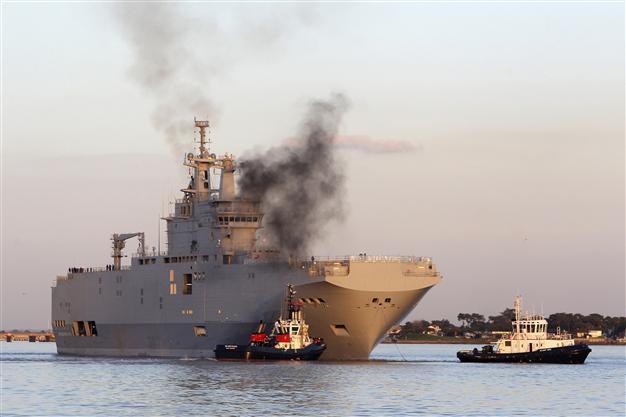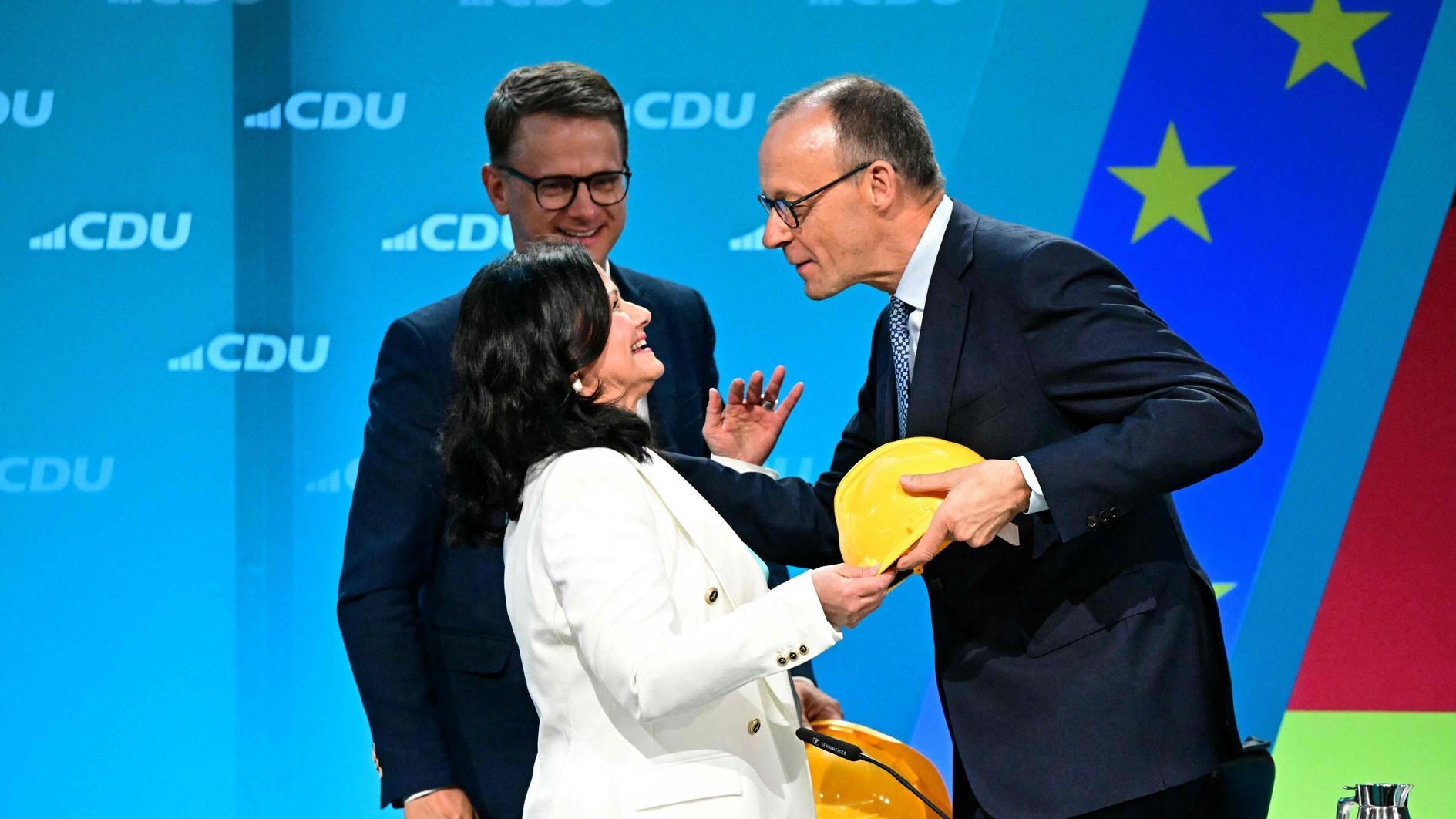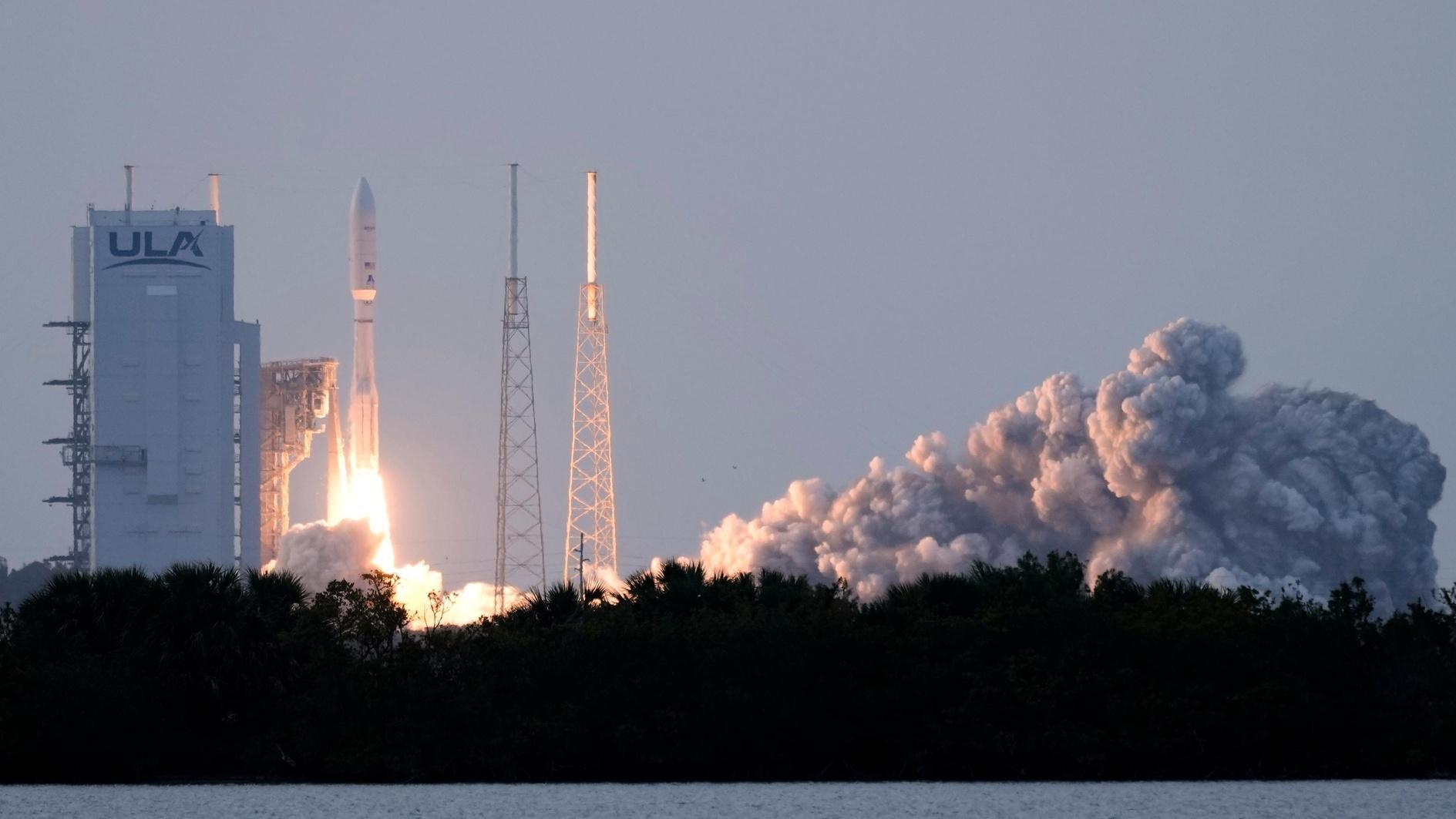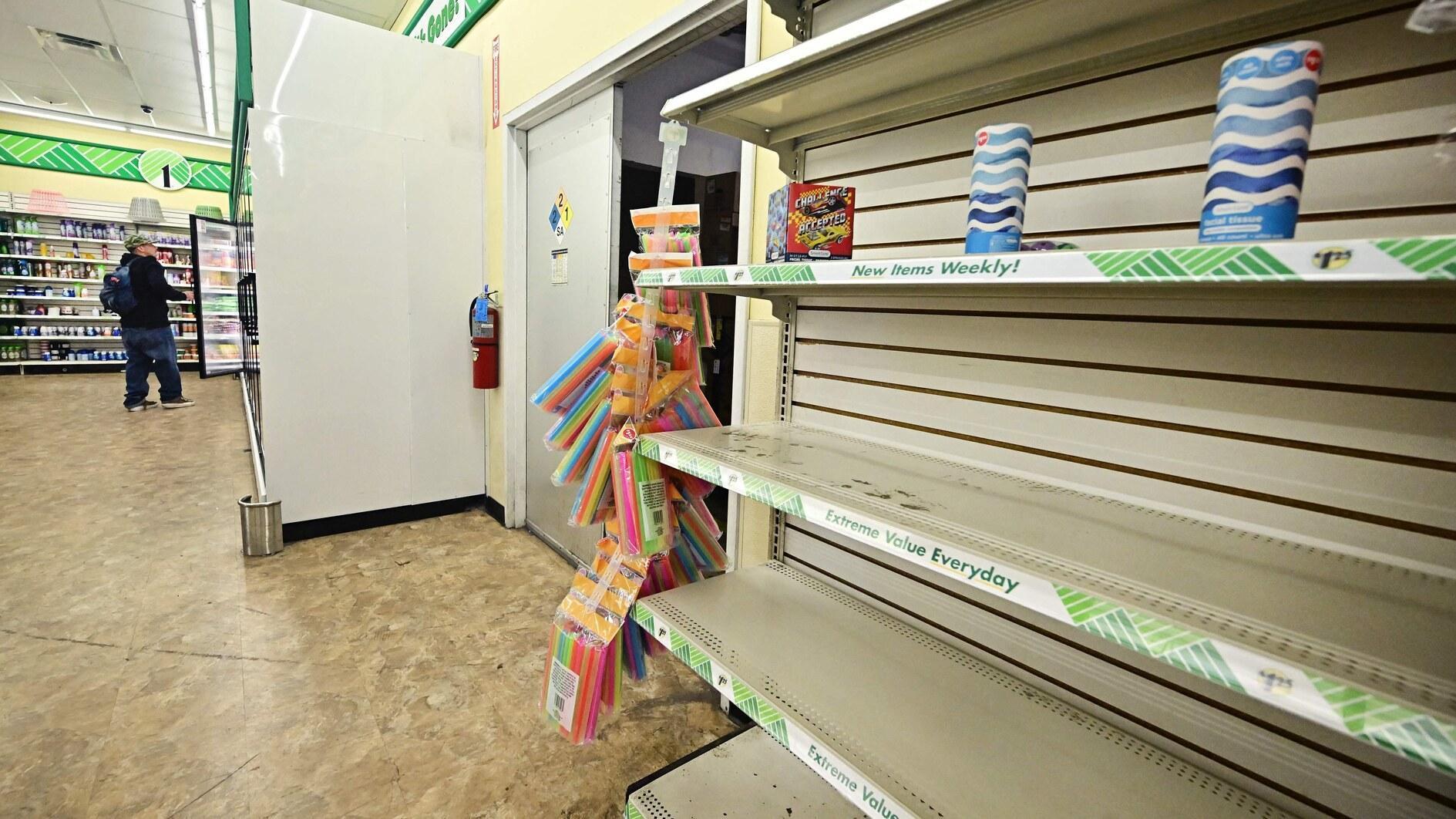Paris suspends delivery of warship to Russia over Ukraine
PARIS - Agence France-Presse

In this March 5, 2014 file photo, French-built warship BPC Vladivostock, designed to strengthen Russia's ability to deploy troops, tanks and helicopter gunships, leaves the Saint Nazaire's harbor, western France, for its test run on the open sea off coast of France. AP Photo
France suspended Sept. 3 the delivery of the first of two Mistral-class warships to Russia "until November" after fierce criticism from its allies given the crisis in Ukraine.Paris agreed in 2011 to build and sell the two advanced helicopter assault ships to Russia for a total of 1.2 billion euros ($1.6 billion), with the first scheduled for delivery in October or November and the second in 2015.
French leaders had refused to back down on a sale seen as crucial to a country suffering from stagnant growth and record unemployment, despite widespread condemnation due to Russia's involvement in the Ukraine crisis.
"The President of the Republic declared that, despite the prospect of a ceasefire, the conditions for France to deliver the first warship are not to date in place," Francois Hollande's office announced Wednesday, on the eve of a major NATO summit in Wales.
The statement came just hours after Russian President Vladimir Putin raised hope of an end to the four-month war in the former Soviet republic, calling on pro-Kremlin rebels and government forces to cease fire and agree to the broad terms of a truce.
The situation in Ukraine is "serious... the actions taken recently by Russia in eastern Ukraine go against the foundations of Europe's security," said the French statement, issued after a meeting of the country's defence council.
However, a French diplomatic source told AFP that the contract is only suspended until November -- when the delivery was due.
"At that date we will see what the financial consequences are," the source said, adding that the suspension of the deal "could cost us one billion euros".
Hollande had acknowledged that France might row back on the Mistral deal in a recent interview in French daily Le Monde, before widespread accusations that Russia had sent troops into eastern Ukraine.
"If there was additional tension, and it was impossible to find a way out, we would have to think about it," he said.
The planned delivery of the warships had created outrage, with President Barack Obama expressing "concerns" about the proposed sales and saying it would have been better to "hit the pause button" on the deal.
British Prime Minister David Cameron, meanwhile, said it would be "unthinkable" to fulfil such a contract in his own country, sparking a sharp riposte from Paris, which noted there were "quite a few Russian oligarchs in London".
Washington raised fresh concerns on Wednesday, before State Department spokeswoman Jennifer Psaki greeted the suspension of the delivery as "a wise decision".
A spokeswoman for NATO chief Anders Fogh Rasmussen said he "has always said this is a national decision and he was confident that France would take into account the security situation".
Moscow, on the other hand, played down the importance of the blow. Russian Deputy Defence Minister Yuriy Borisov said it was "not a tragedy for us in terms of rearmament".
Since the beginning of the summer, some 400 Russian sailors have been training in western France on the operation of the first warship, named "Vladivostok".
The concern in France is that the country will not only lose the receipts from the sale, but its credibility as a weapons exporter will also be compromised.
Francois Heisbourg, of the Foundation for Strategic Research (FRS) in Paris, said the delay of the delivery was "inevitable". He told AFP that the ships "could have been used in military operations in the Black Sea or in the Baltic where French warships might also be deployed".
The Baltic states, worried that Russia might set its sights further, hailed France's announcement.
"We welcome France's decision. It is in line with Lithuanian interests," Lithuania's defence minister Juozas Olekas told AFP.
His comments were echoed by Latvia's foreign minister Edgars Rinkevics said on Twitter that the move by Paris was the "right decision and right time".
The suspension could have a major impact on jobs at the STX dockyards in Saint-Nazaire, where the ships are being built. Union leaders at the yard said they were "stupefied" by the decision, particularly since the first ship was almost finished.
But there have been precedents for arms deals being scrapped due to international events.
In 1967, then French president Charles De Gaulle cancelled a warship delivery to Israel amid an arms embargo imposed in the wake of the Six Day War.
















